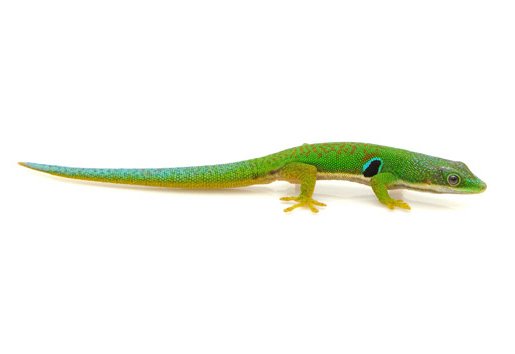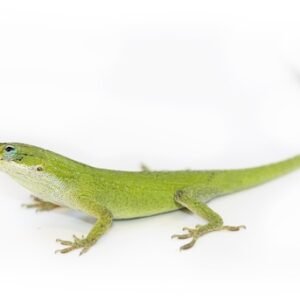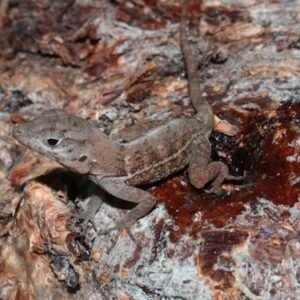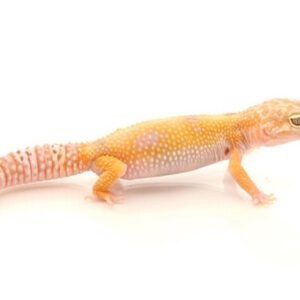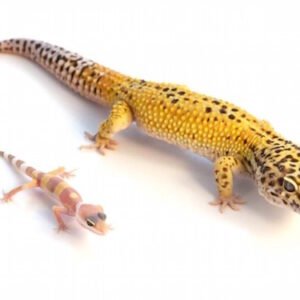Understanding the Peacock Day Gecko
The Peacock Day Gecko (Phelsuma quadriocellata) is a strikingly vibrant reptile known for its colorful appearance and engaging personality. Native to the lush forests of Madagascar and the surrounding islands, these geckos thrive in tropical climates, where they inhabit the canopy of trees, displaying remarkable climbing abilities. Their vivid green bodies, adorned with bright blue and yellow markings, serve not only as a stunning visual feature but also as a means of camouflage against the foliage, allowing them to avoid predators.
In terms of size, adult Peacock Day Geckos typically reach an average length of 6 to 8 inches. They are characterized by their slender build and long tails, which are essential for balance while navigating their arboreal environment. Lifespans in captivity can exceed ten years if provided with proper care, making them a long-term commitment for prospective owners. Understanding their natural behaviors is crucial for replicating their ideal conditions in captivity. In the wild, they are diurnal, meaning they are most active during the day, which surfaces their vibrant coloration as they bask in sunlight.
A key aspect of their lifestyle involves a diet primarily composed of insects, fruit, and nectar. This varied diet supports their health and vibrant appearance in nature. Recognizing this dietary requirement is essential when caring for them in captivity, as it underscores the importance of providing a well-rounded selection of food sources, including commercial gecko diets, fresh fruits, and live insects. Additionally, Peacock Day Geckos are known to be active and curious, exhibiting social behaviors that can be fascinating for owners. They benefit from a spacious habitat that allows them to explore, climb, and engage with their surroundings, thus maintaining their physical and mental well-being.
Caring for Your Peacock Day Gecko
Caring for Peacock Day Geckos involves several crucial aspects to ensure their health and well-being. First and foremost, the setup of their habitat is essential. A suitable terrarium should be at least 20 gallons in size, allowing ample space for these active geckos. The substrate should be a mix of organic soil and coconut fiber, providing a natural environment that retains moisture without becoming soggy. It is pivotal to include various climbing structures such as branches, vines, and ledges, as these geckos are arboreal and require vertical space to thrive.
Temperature and humidity are vital components of the care regimen. Day geckos flourish in temperatures ranging from 80°F to 85°F on the warm side, with a cooler side around 75°F. To mimic their natural habitat, maintaining humidity levels between 60% and 80% is recommended. Regular misting of the terrarium not only helps achieve the desired humidity but also provides drinking water as they often lap up water droplets from leaves and surfaces.
Dietary needs are equally important for these vibrant reptiles. A varied diet consisting of high-quality commercial gecko food, supplemented with live insects such as crickets and mealworms, is ideal. It’s advisable to feed young geckos daily while adults can be fed every other day. Moreover, incorporating fruits and vegetables, like mashed bananas or pureed carrots, can enrich their diet, offering necessary vitamins and minerals.
Monitoring health is vital as well. Common ailments can include shedding issues and respiratory infections. Observing for signs of lethargy, decreased appetite, or unusual behaviors can help identify health problems early. Handling should be kept to a minimum initially, allowing the gecko to acclimatize to its environment. Once comfortable, gentle, short handling sessions can enhance socialization. Enrichment activities, such as adding new climbing features or rearranging the terrarium, can further stimulate these inquisitive creatures, ensuring a fulfilling experience as a pet owner.

